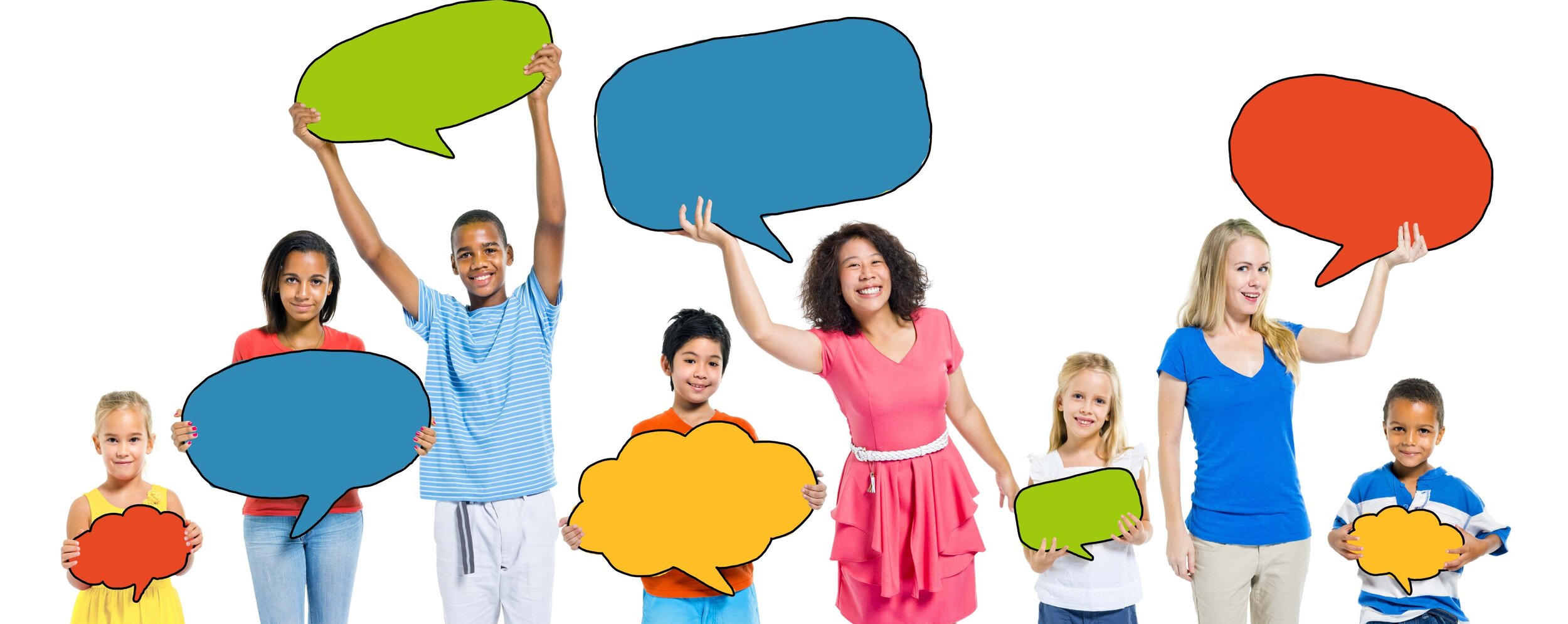
What we do
Our role is to assess and treat speech, language, and communication problems in children up to the age of 18 years. Using our specialist skills, we work directly with children to provide them with tailored interventions to help ensure they achieve their maximum quality of life and potential.
Who we work with
Speech and language difficulties can impact on all aspects of life including making friends, accessing learning and emotional well-being. We work with children who have or who are at risk of having speech, language, and communication difficulties. In recognition of the crucial role others play in the success of speech and language therapy interventions, much of our work is concerned with training and supporting those in the child’s communicative environment.
We support children who have one or more primary speech, language and communication difficulties, including:
expressive and receptive language delay
language disorders
unclear speech
social communication difficulties
dysfluency
phonological awareness delay
literacy difficulties
memory and processing difficulties
word finding difficulties
As well as children with speech, language and communication difficulties that are secondary to other conditions, for example:
hearing loss
global delay
social communication disorders
dyspraxia
How we work
The type and extent of a child’s communication difficulty is not always immediately clear. Therefore, we work in partnership with families and other health and education professionals to carry out assessments and plan personalised therapy programmes which meet each individual’s communication needs.
As children are all different, we work to find the best treatment approach. This may include one or more of the following:
Individual therapy, either face to face or remotely, to work on specific skills and techniques. A course of therapy is usually six sessions but this is also dependent on the needs of the child/ family.
A written programme of advice and work to be shared with all members of the wider team supporting the child.
Target setting as part of a multidisciplinary approach.
Advice as to how the environment at home, nursery and school can be adapted to support the child.
Training parents/ carers, health and education professionals in the skills required to support and improve communicative ability.
All of these activities take place in a variety of settings including the child’s home, early years settings, and mainstream and special schools.
When working with a child who is also accessing NHS speech and language therapy, we want to facilitate a cohesive therapeutic process. Therefore, we aim to share relevant information from the outset for the benefit of the child.
